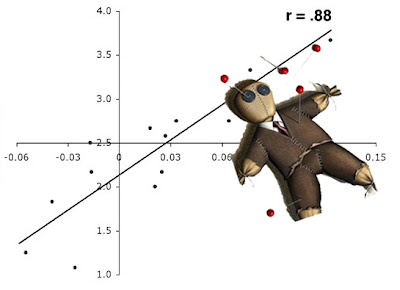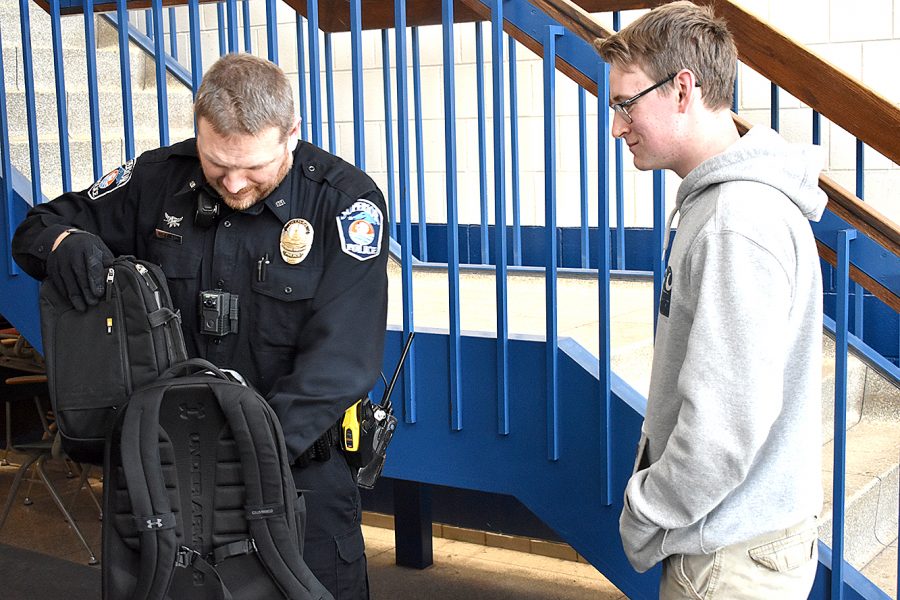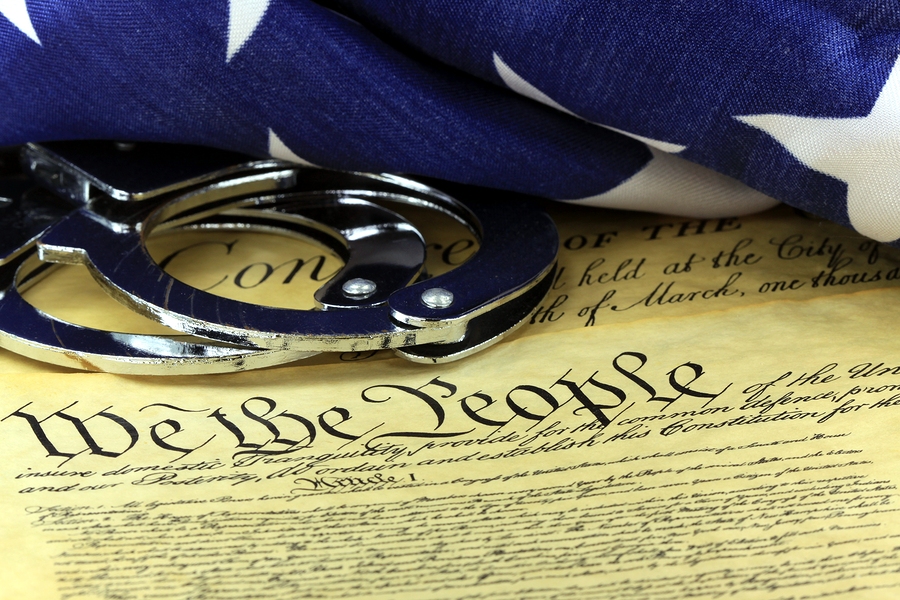
In A.K.H. v. City of Tustin, the Ninth Circuit Court of Appeals held the government could not justify a police officer’s use of deadly force during the officer’s attempted investigatory stop of Mr. Herrera.
FACTS & PROCEDURAL HISTORY.
Defendant Osvaldo Villarreal, a police officer in Tustin, California, fatally shot Benny Herrera during an attempted investigatory stop. Herrera was on foot. Officer Villarreal was in his patrol car and had just driven up beside Herrera. Herrera was in the middle of the roadway, moving in the direction of traffic. His left hand was free and visible; his right hand was in his sweatshirt pocket. Villarreal commanded Herrera to take his hand out of his pocket. Less than a second later, just as Herrera’s hand came out of his pocket, Villarreal shot him twice, killing him. Herrera was unarmed. Villarreal does not claim that he saw, or thought he saw, a weapon in Herrera’s hand.
Relatives of Herrera (“Plaintiffs”) filed suit under 42 U.S.C. § 1983 against Officer Villarreal and the City of Tustin alleging that Villarreal used excessive force against Herrera in violation of the Fourth Amendment. Villarreal moved for summary judgment based on qualified immunity, which would have effectively dismissed the lawsuit against him. However, the federal district court denied the Officer’s motion.
Officer Villarreal brought an interlocutory appeal to the Ninth Circuit Court of Appeals. He argued that, even viewing the evidence in the light most favorable to the plaintiffs, his actions did not violate the Fourth Amendment and that the district court therefore erred in denying him qualified immunity.
THE ISSUES.
The Ninth Circuit reasoned it must ask two questions to determine whether Officer Villarreal is entitled to summary judgment based on qualified immunity. First, viewing the facts in the light most favorable to the plaintiffs, did Villarreal use excessive force in violation of the Fourth Amendment? Second, if Villarreal used excessive force, did he violate a clearly established right?
THE COURT’S ANALYSIS.
Quoting Tennessee v. Garner, the Ninth Circuit reasoned that Deadly Force is permissible only if the suspect threatens the officer with a weapon or there is probable cause to believe that he has committed a crime involving the infliction or threatened infliction of serious physical harm.
Here, the Ninth Circuit found Officer Herrera used excessive force in violation of Mr. Herrera’s Fourth Amendment rights. The Court reasoned that (1) the crime at issue was a domestic dispute that had ended before the police became involved; (2) the deceased did not pose an immediate threat to the safety of the officers or others, as the officer did not believe the deceased was armed and the officer did not see a weapon; (3) although the deceased did not comply with the officer’s commands to remove his hand from his sweatshirt pocket, he did not attempt to flee; and (4) the officer escalated to deadly force approximately 1 second after issuing the command to the deceased to remove his hand from his pocket. “Viewing the evidence in the light most favorable to the plaintiffs, we conclude that Villarreal violated clearly established Fourth Amendment law when he shot and killed Herrera.”
CONCLUSION.
In its conclusion, the Ninth Circuit said the following:
“It has long been clear that a police officer may not seize an unarmed, non-dangerous suspect by shooting him dead. Viewing the evidence in the light most favorable to the plaintiffs, that is precisely what Officer Villarreal did here.”
My opinion? Great decision. Straightforward, direct, constitutionally sound and accurate. I’m happy the Ninth Circuit saw this case for what it was.
Please contact my office if you, a friend or family member are charged with a crime. Hiring an effective and competent defense attorney is the first and best step toward justice.














